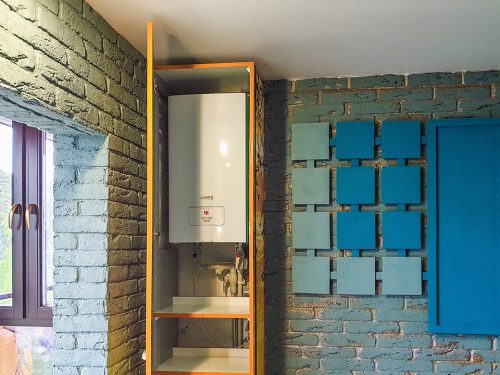
What is included in water heater maintenance?
Water heater maintenance is vital to prolong the life of your water heater and prevent costly repairs. You can do a few simple things to keep your water heater in shape. First, it is vital to check the anode rod regularly, and the anode rod helps to prevent corrosion of the tank. Second, flush the tank regularly to remove any sediment built up over time. Finally, keeping the area around your water heater clear of debris and combustible materials would be best. By following these simple tips, you can help to ensure that your water heater will provide years of trouble-free service.
How often should the water heater be drained?
Most homeowners do not give their water heater much thought until they experience a problem. However, some simple steps to maintain your water heater can help prolong its lifespan and prevent costly repairs. One of the most critical maintenance tasks is to drain the tank regularly. It helps to flush out sediments that can build up over time and lead to corrosion. Draining a standard 50-gallon tank once a year should be sufficient. If you have hard water or your water heater is used frequently, you may need to empty it more often. Consult with a qualified technician for more specific advice. By following these simple tips, you can help ensure that your water heater will provide years of trouble-free operation.
How do I know if my water heater has too much sediment?
After years of use, water heaters can accumulate significant sediment. This sediment can come from various sources, including minerals in the water supply and corrosion of the tank itself. While a small amount of sediment is not necessarily caused for concern, too much sediment can reduce the efficiency of the heater and even lead to premature failure. There are a few signs that your water heater may have too much sediment. If you notice that your water is slow to heat up or does not stay hot for as long as it used to, this could be due to sediment buildup. You may also hear strange popping or gurgling noises from the heater caused by the sediments interfering with the unit’s regular operation. If you suspect your water heater has too much sediment, a qualified technician must have it serviced. They will be able to clean out the residues and restore your water heater to peak performance.
Can I flush my water heater myself?
Many people do not realize that their water heater must be flushed regularly to prevent mineral buildup and corrosion. While it is possible to do this yourself, it is essential to exercise caution. First, turn off the electricity or gas to your water heater. Then, connect a garden hose to the drain valve and open it up. Next, open the cold water inlet valve and allow the tank to flush for several minutes. Finally, close the drain valve and turn the power back on. If you are uncomfortable doing this yourself, there is no shame in calling a professional. With some care, you can keep your water heater running efficiently for years.
Interesting Related Article: “Most Common Water Heater Problems“
